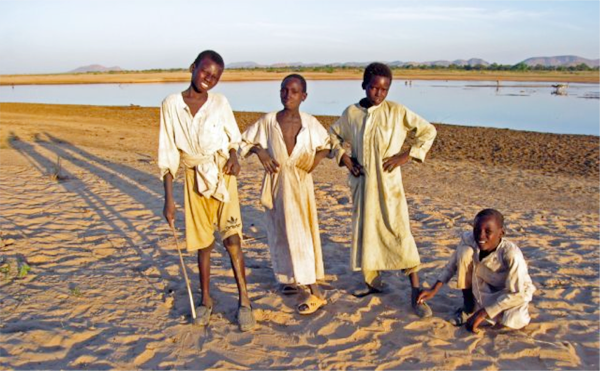Key Learning Points
Here are the key learning points for this module:
- Refugees may present with a wide range of illnesses- a medical expert must be aware of global patterns of burden of disease.
- Experts must develop skills to diagnosing tropical infectious diseases that are rare in Western countries.
- Forced migration exposes refugees to potential trauma, precarious living conditions, and disease.
- The medical expert needs to be aware of the many barriers to health information and health care that refugees may face.
- In addition, the medical experts must also be aware of health systems and health practitioners-level barriers that also exist.
- Working with refugees often entails working in resource-limited settings; thus, the medical expert needs to be adaptable and develop skills in response to cultural and linguistic diversity. i.e. working with traditional healers to provide the best possible care.
- Cultural identity and lived experience in older immigrants and refugees must be considered as a component of an individual’s holistic care.







See full puzzle picture

Host Closure Video
Read the video transcript
Hi, so you’ve come to the end of our module, the X factor: the medical expert in refugee health. As the name implies, the X factor in refugee health is that indefinable something that makes the experience of working with refugees so incredible. Yes it has its challenges, but the rewards are undeniable.
Duration: 21 seconds
Authors
Doug Gruner, Kevin Pottie, Mariella Ferreyra, Ayesha Ratnayake, Omar Ezzat, Kate Merritt
References
- Eddleston M, Pierini S. (1999) Oxford Handbook of Tropical Medicine, Oxford University Press
- Pottie K, Ortiz L, tur Kuile A. Preparing for diversity: improving preventive health care for immigrants. Our Diverse Cities, Metropolis 2008 Mar 3
- K. Khan, C. Heidebrecht, J. Sears, A. Chan, M. Rashid, C. Greenaway, W. Stauffer, L. Narasiah, K. Pottie, Intestinal Parasites: Strongyloides and Schistosomiasis: Evidence review for newly arriving immigrants and refugees. CMAJ in press http://www.cmaj.ca/cgi/collection/canadian_guidelines_for_immigrant_health
- C. Greenaway, M. Munoz, E. Barnett, A. Sandoe, E. Ueffing, K. Pottie, S. Kuhn, J. Keystone, Measles, Mumps, Rubella (MMR), Diphtheria, Pertussis, Tetanus (DTap and Tdap) & Polio: Evidence review for newly arriving immigrants and refugees. CMAJ in press http://www.cmaj.ca/cgi/collection/canadian_guidelines_for_immigrant_health
- Ben-Shlomo, Y., Mamluk, L., & Redwood, S. (2019). A life-course perspective on migrant health. In Migrant Health A Primary Care Perspective (pp. 77-89). New York, New York: Taylor and Francis Group. doi:https://doi.org/10.1201/9781351017190
